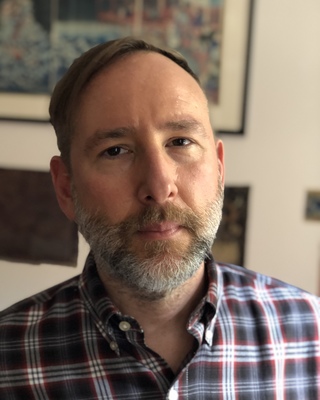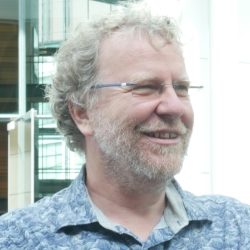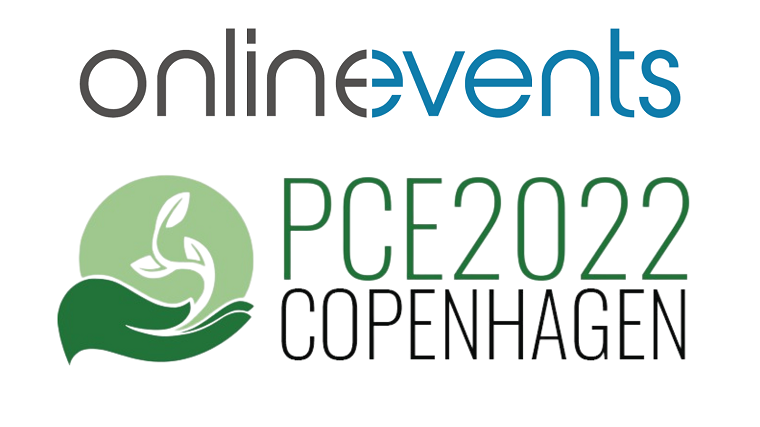If there is a struggle within mental health for which help and change is needed, it is a robust understanding of the concept of trauma. Trauma has become one of the most significant concepts in mental health in modern times.
Following a comprehensive review of trauma within person-centered and experiential literature, four significant and consistent questions have emerged that may lead to a new person-centered and experiential definition of trauma and their clinical implications. These four questions for consideration are:
1. It appears the DSM (Diagnostic and Statical Manual of Mental Health Disorders) diagnosis of PTSD (post-traumatic stress disorder) is the main trauma related diagnostic label utilized by person-centered and experiential practitioners? If so, why?
2. It appears that emotion-focused therapy is the only person-centered and experiential tribe that attempts to redefine trauma from their own perspective? If so, why?
3. What is the concept of “post-traumatic growth” and how can it inform a new definition of trauma?
4.Can person-centered and experiential psychotherapy and counseling offer a new definition of trauma based upon its alternative and progressive understanding of psychotherapy and counseling?
After discussing our literature review findings and discussing the four identified questions, we hope to get the audiences help in clarifying a definition of trauma from a person-centered and experiential perspective.
Course Content
Organisation
PCE World had its genesis in the mid 1990s after person-centred theoreticians and practitioners felt there was not an adequate representation of the PCA at the First World Conference on Psychotherapy (WCP) in July 1996.
Nearly 25 years since it was officially formed, our desire remains to be an identifiable, international organization serving as a world-wide forum.
Presenter

Dr. Weinraub is a licensed Clinical Psychologist in private practice in New York City, Director of the New York Person-Centered Resource Center, a Humanistic mental health treatment center in New York City (nypcrc.org). Dr. Weinraub is a graduate from Saybrook Graduate School where Dr. Author Bohart was his dissertation Chair.

Keith Tudor is Professor of Psychotherapy at Auckland University of Technology, Aotearoa New Zealand, where he is currently engaged in establishing a Centre for Research in the Psychological Therapies. He is the author of over 500 publications, including a book on Group Counselling (Sage, 1999) which he is in the process of revising for publication next year. Since immigrating to Aotearoa New Zealand in 2009, he has been involved in different forms of bicultural engagement, of which facilitating this workshop is the latest manifestation.



